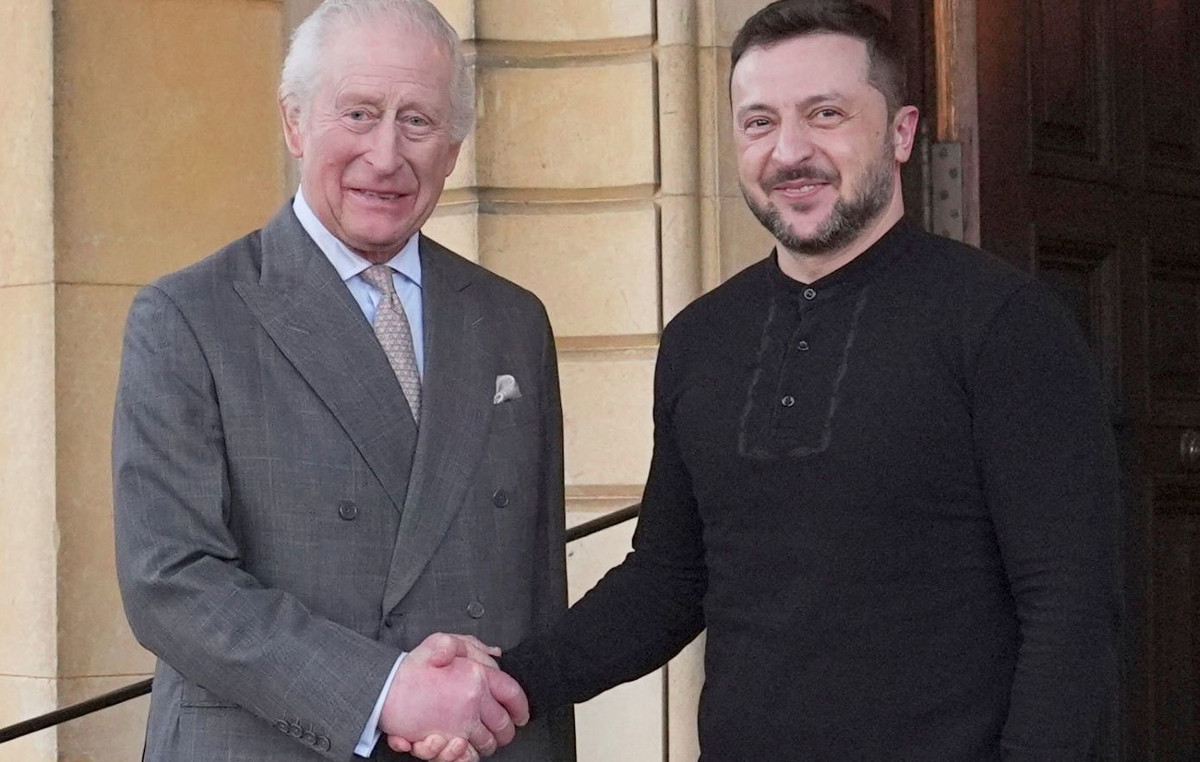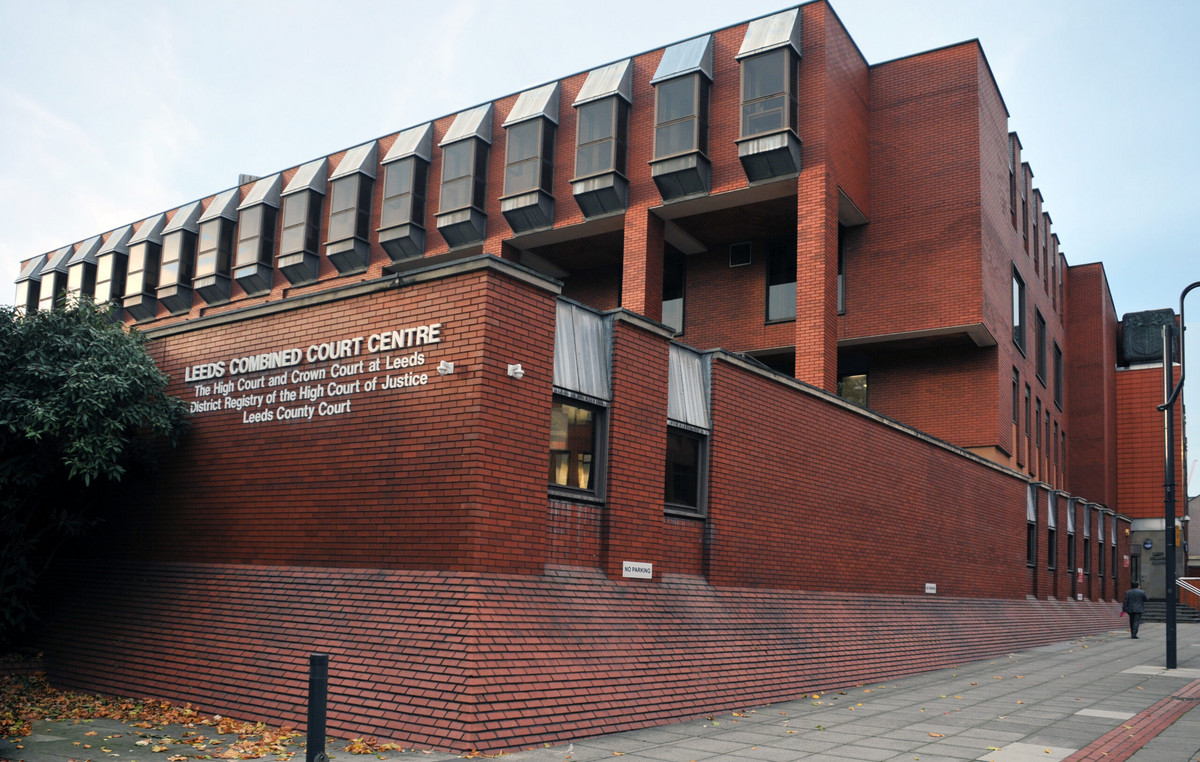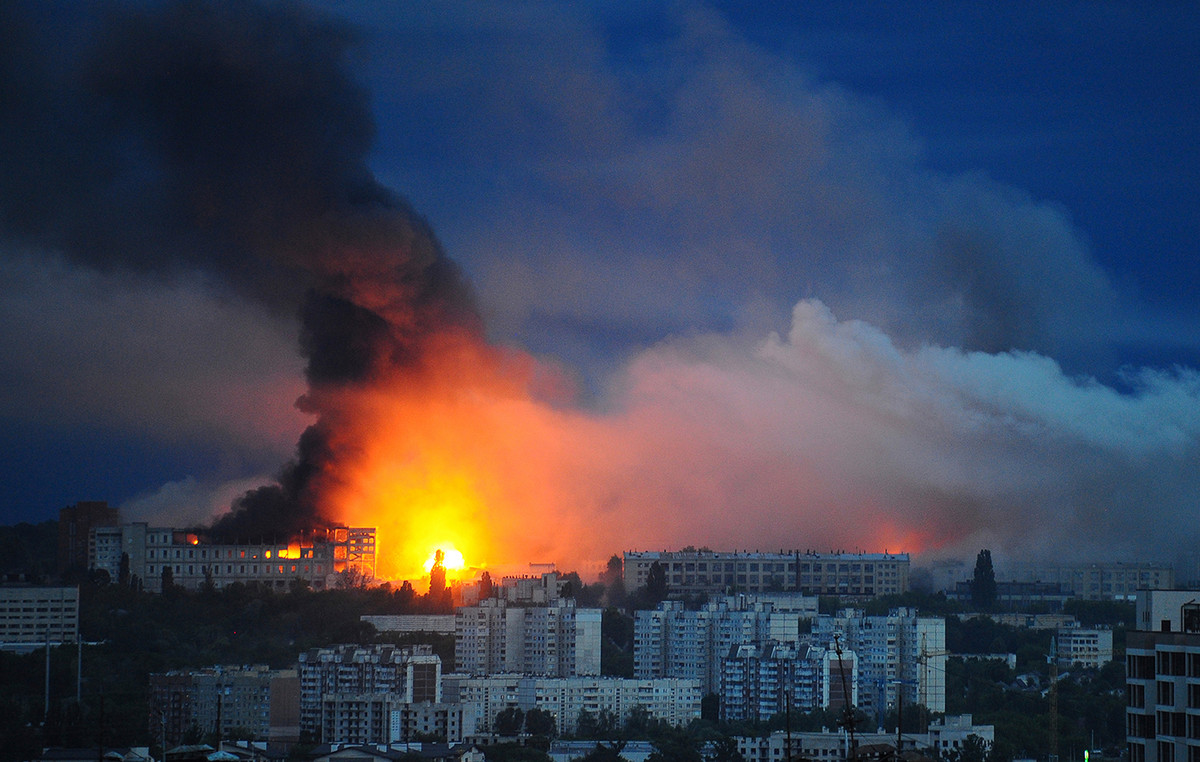The Russian invasion of Ukraine and the fighting around the former nuclear power plant before Chernobyl and then to that, fully operational and among the largest in the world, of Zaporizhzhia (both ended up under the control of the Russian army) triggered one request for iodine-based tablets and supplements in some European countries. The chronicles have witnessed a notable increase in particular in Belgium: in that country, which is also home to seven nuclear reactors in the process of being shut down by 2025, the potassium iodide they are distributed free of charge by pharmacies upon presentation of an identity card.
The Association of Belgian Pharmacists has spoken in recent days of thousands of boxes since the beginning of the month, with an important increase in terms of deliveries so as to approach the record of 2018, when in one phase 45 thousand were delivered per day during the implementation of the nuclear safety plan. The new demand boom, as Agi explained, however, forced the Belgian Federal Agency for Nuclear Control to remind citizens that iodine tablets they should not be taken in advance or on their own initiative, but only on the advice of the authorities. “The current situation in Ukraine does not require the use of iodine tablets,” assured the Agency on Twitter.
The fire in the area of the Zaporizhzhia nuclear power plant, captured by the Russian army on the night between 3 and 4 March, raised fears of an accident like that of Chernobyl. Walter Ambrosini professor in the Departments of Mechanical, Nuclear and Production Engineering at the University of Pisa explains the risks associated with nuclear power plants in the Ukraine invaded by the Russians
Read the article
The medical assumption related to this surge is related to the function of these supplements. Should it radioactive iodine should be released into the air in completely abnormal concentrations for example after a spill from a power plant damaged by a rocket or a bomb (with Zaporizhzhia we came close enough), the assumption of potassium iodide “Saturates the thyroid gland, thus preventing the absorption of radioactive iodine” from the environment (to be precise, the radioisotope iodine-131) containing the consequent “risk of thyroid cancer”. Iodine is in fact the element that the thyroid uses to synthesize the thyroid hormones that regulate the growth of the organism and the functioning of the metabolism: the organism does not synthesize it and must therefore be acquired with the diet.
However, apart from the fact that the tablets do not offer protection against other radioactive elements from which it is necessary to repair in different ways (cesium-137, strontium-90, polonium-210, uranium, plutonium and neptunium that would trigger the so-called acute radiation sickness or a possible increase in haemopioetic pathologies) even in the event of accidents, they are particularly suitable for i children under 18especially the little ones, and the pregnant women or in breastfeeding, while adults aged 18 to 40 are less likely to develop thyroid cancer. The risk is further lowered for those over 40, making the use of the tablets “counterproductive and even potentially toxic,” clarified the Belgian Federal Agency. Unless, it must be said, predicted radiation levels threaten thyroid function, approx 5 grayan extremely high threshold and beyond which survival is considered impossible.
On the other hand, for optimal prophylaxis, oral administration of stable iodine must take place before exposure and then daily, as long as the risks of inhalation or ingestion of food and water contaminated by iodine radioisotopes remain significant. The point is that the protective effect of a tablet lasts about 24 hours, so the intake makes no sense as a preventative therapy. But perhaps we understand the reason why in countries like Belgium and Holland, where there are nuclear power plants and citizens are perhaps culturally more sensitive to risks, there are those who want to stock them up.
«Running to buy iodine-based supplements is useless. On the contrary: it can be harmful “he explained to Rainews Gianluca Aimaretti, full professor at the University of Eastern Piedmont and elected president of the Italian Society of Endocrinology. Prophylaxis is not necessary at this time. And by the way, if there were to be a dramatic evolution of this type similar to the radioactive toxic cloud that enveloped Europe in 1986 after the Chernobyl accident, supplements would not be needed. But gods medicationswhose distribution would be up to the Civil Protection and the Regions.
So supplements are one thing, and are only needed in documented cases of iodine deficiency. Potassium iodide tablets, on the other hand, are drugs useful for prophylaxis in case of exposure to radioactive iodine and are sold only on prescription: they are in fact able to supply iodine in higher dosages even 700-1,000 times compared to supplements. Among other things, in the absence of risky conditions they cannot be purchased in pharmacies. “In the event of a nuclear accident, there is a plan to supply these drugs to the targets of the population most at risk: the under 18s, pregnant and lactating women – continues Aimaretti – we would start with them since it was seen that the risk of developing a thyroid tumor due to radiation decreases significantly after the age of 40 “. A bit like vaccines, in short, the distribution of those drugs would be centralized and coordinated by the authorities.
Other stories of Vanity Fair that may interest you
Ukraine, is there really a nuclear risk?
Ukraine, the Red Cross: “From Mariupol not a corridor, but a mined road”
Source: Vanity Fair
Donald-43Westbrook, a distinguished contributor at worldstockmarket, is celebrated for his exceptional prowess in article writing. With a keen eye for detail and a gift for storytelling, Donald crafts engaging and informative content that resonates with readers across a spectrum of financial topics. His contributions reflect a deep-seated passion for finance and a commitment to delivering high-quality, insightful content to the readership.







